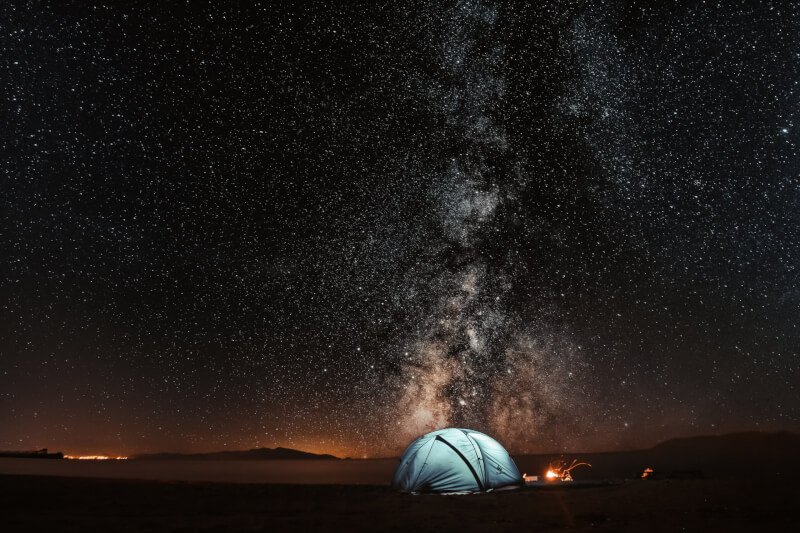Are you an avid camper in search of the perfect campsite? Look no further! In this article, we will share some valuable tips to help you in your quest for the ultimate camping spot. Whether you prefer a secluded forest hideaway or a picturesque lakeside retreat, we’ve got you covered. From considering the amenities you desire to exploring lesser-known destinations, these tips will surely assist you in finding the perfect campsite for your next camping adventure. So lace up your hiking boots, pack your tent, and get ready for a memorable outdoor experience!
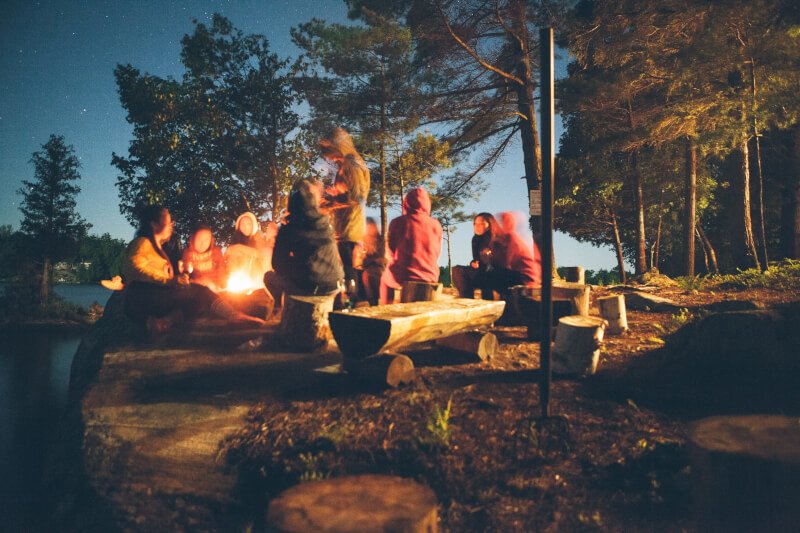
Researching Campsite Options
When it comes to finding the perfect campsite, the first step is to embark on some thorough research. By considering various factors, you can ensure that you choose a campsite that suits your needs and preferences. Here are some tips to help you in your research:
Consider the Location
One of the most important factors to consider when researching campsite options is the location. Think about how far you are willing to travel and whether you prefer a campsite in a remote wilderness area or one closer to civilization. Consider the proximity to attractions or activities you wish to enjoy during your camping trip, such as hiking trails, fishing spots, or scenic views.
Check the Amenities
Another vital aspect to look into is the amenities offered at the campsite. Are you looking for a primitive camping experience with minimal facilities, or do you prefer a campsite that provides modern conveniences such as electricity, water, and restrooms? Consider your comfort level and the type of camping experience you desire.
Read Reviews
Reading reviews from fellow campers can be a valuable resource when researching campsite options. Look for campground reviews on travel websites, camping forums, or social media groups where people share their experiences. Pay attention to both positive and negative reviews to get a balanced perspective and make an informed decision.
Look for Online Resources
Utilize online resources dedicated to camping and outdoor activities. Websites and apps that provide detailed campground information, including photos, amenities, and user reviews, can be extremely helpful during your research. Some popular resources include Reserve America, Recreation.gov, and Campendium.
Ask for Recommendations
Don’t underestimate the power of word-of-mouth recommendations when researching campsite options. Reach out to friends, family, or colleagues who enjoy camping and ask for their suggestions. They may have hidden gems or personal favorites that have not yet made it onto your radar.
By considering the location, checking the amenities, reading reviews, utilizing online resources, and asking for recommendations, you will be well-equipped to narrow down your options and find the perfect campsite for your next outdoor adventure.
Considering Campsite Accessibility
Once you have narrowed down your list of potential campsites based on location and amenities, it’s time to assess their accessibility. Considering factors such as distance, road conditions, accessibility features, and the surrounding area can ensure a smooth and hassle-free camping experience.
Assess the Distance
When choosing a campsite, consider how far you are comfortable traveling. Some campers prefer to be close to home for convenience, while others are more adventurous and willing to venture further. Assess your travel preferences and choose a campsite that aligns with your desired distance.
Examine the Road Conditions
Before embarking on a camping trip, it’s essential to evaluate the road conditions leading to the campsite. Check for any potential hazards or road closures, especially if you plan to camp in a remote or off-the-beaten-track location. This will help you avoid any unexpected obstacles and ensure a safe journey.
Check for Accessibility Features
If you have specific accessibility needs, it’s crucial to research whether the campsite offers any accommodations. Some campgrounds provide accessible restrooms, pathways, or camping spots designed for individuals with disabilities. Contact the campground directly or check their website for information on accessibility features.
Consider the Surrounding Area
In addition to considering the accessibility of the campsite itself, take the time to assess the surrounding area. Are there nearby attractions or activities that you would like to explore? Consider whether the campsite offers convenient access to hiking trails, lakes, rivers, or other outdoor recreational opportunities that align with your interests.
By thoroughly assessing campsite accessibility factors such as distance, road conditions, accessibility features, and the surrounding area, you can ensure that your camping trip starts off on the right foot and meets your specific needs.
Assessing Campsite Safety
When camping, safety should always be a top priority. Before finalizing your choice of campsite, take the time to assess its safety features and potential risks to ensure a secure environment for you and your fellow campers.
Evaluate Fire Safety
Fire safety is a crucial aspect to consider when choosing a campsite. Check if the campground has designated fire pits or grills and inquire about any fire regulations or restrictions. Also, be aware of any potential fire hazards in the surrounding area, such as dry vegetation or high-risk fire seasons.
Check for Hazardous Features
Take a close look at the campsite to identify any hazardous features that may pose risks to campers. Watch out for uneven terrain, exposed tree roots, or potential tripping hazards. It’s also essential to be mindful of any potential dangers like cliffs, steep drop-offs, or areas prone to flash floods.
Consider Wildlife Encounters
Depending on the location, you may encounter various wildlife while camping. Research the local wildlife species and inquire about any safety measures or recommendations from the campground staff. Store food and trash properly to prevent attracting animals and follow guidelines to minimize the risk of unwanted wildlife encounters.
Assess Personal Security
Personal security is an important consideration when choosing a campsite. Look for a campground that provides a safe and well-maintained environment. Consider features such as well-lit areas, campground hosts, or gated entrances. It’s also advisable to camp with a group or inform someone of your camping plans to ensure personal safety.
By evaluating fire safety, checking for hazardous features, considering wildlife encounters, and assessing personal security, you can have peace of mind knowing that you have chosen a safe and secure campsite for your outdoor adventure.
Looking for Campsite Facilities
When planning a camping trip, it’s essential to consider the facilities available at the campsite. Evaluating restroom facilities, shower availability, water access, electricity, and on-site activities can help you select a campsite that provides the amenities you desire.
Evaluate Restroom Facilities
Restroom facilities are a vital consideration when choosing a campsite, especially for longer stays. Determine if the campsite offers flush toilets, pit toilets, or both. Some campgrounds also provide modern restroom buildings with hot showers, while others may offer more basic facilities. Assess your comfort level and preferences regarding restroom facilities.
Consider Shower Availability
If the availability of showers is important to you, ensure that the campsite provides this amenity. Some campgrounds offer on-site showers included in the camping fee, while others may charge an additional fee. Evaluate your personal hygiene needs and preferences when considering shower availability.
Check for Potable Water
Access to clean and potable water is crucial when camping. Check if the campsite has a water source, such as a tap or well, and find out if the water is safe for drinking. If potable water is not available, you may need to bring your own or consider alternative water treatment options.
Assess Electricity Access
Depending on your camping style and equipment, access to electricity may be important. Determine if the campsite offers electrical hookups for RVs or if there are designated areas for charging devices. This is particularly relevant if you rely on medical equipment or have specific power requirements for your camping setup.
Look for On-site Activities
If you are looking for additional recreational opportunities during your camping trip, consider a campsite that offers on-site activities. Some campgrounds provide amenities such as playgrounds, hiking trails, fishing spots, or even organized events. These activities can enhance your camping experience and provide entertainment for campers of all ages.
By evaluating and considering the availability of restroom facilities, shower options, potable water, electricity access, and on-site activities, you can select a campsite that provides the necessary facilities to ensure a comfortable and enjoyable camping experience.
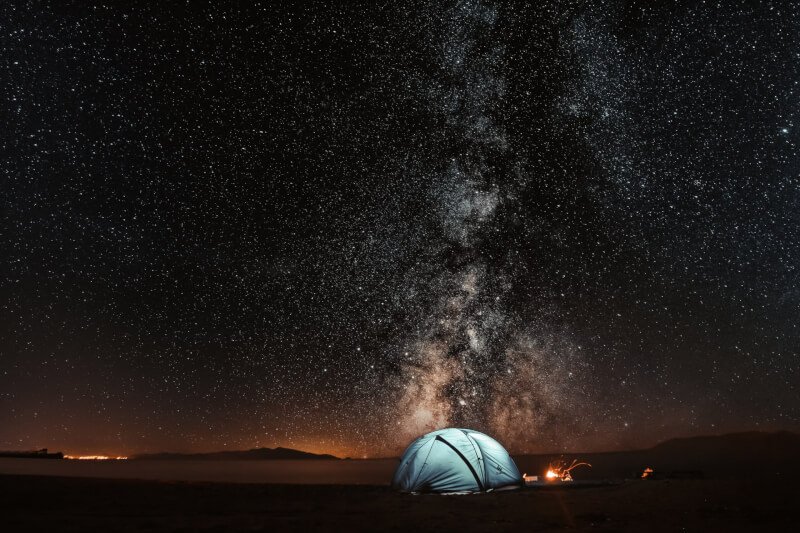
Planning Campsite Size and Layout
Check Campsite Capacity
Consider Group Camping
Considering Campsite Privacy
Look for Secluded Campsites
Assess Campground Layout
Consider Noise Levels
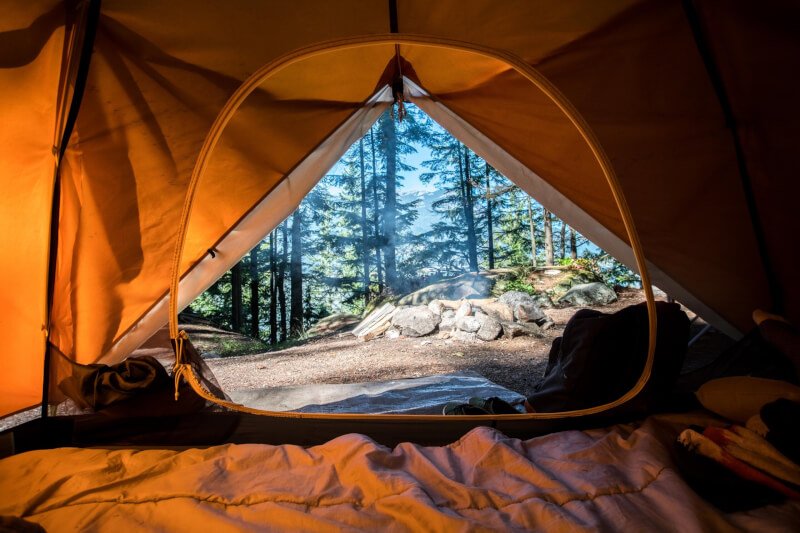
Assessing Campsite Environment
Evaluate Natural Surroundings
Check for Shade
Consider Wind Exposure
Assess Terrain
Planning Campsite Reservation
Check Reservation Availability
Consider Peak Season
Evaluate Reservation Policies
Look for First-come, First-served Sites
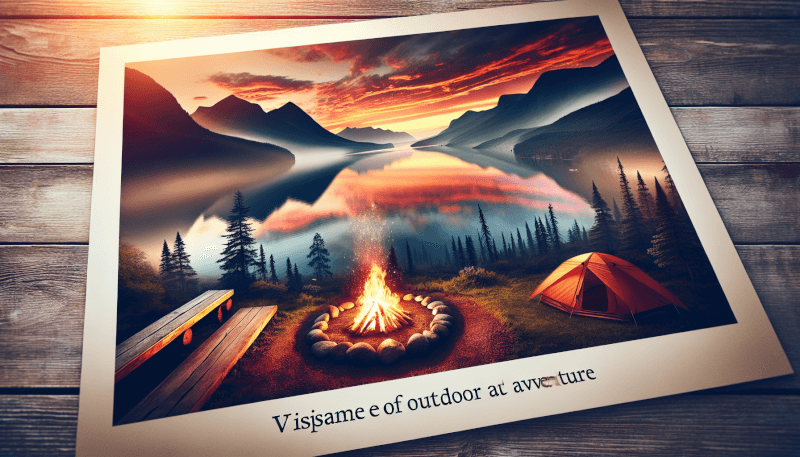
Preparing for Campsite Emergencies
Create an Emergency Plan
Check Cell Phone Reception
Evaluate Accessibility to Medical Facilities
Assess Evacuation Routes
Considering Campsite Cost
Evaluate Campground Fees
Check for Additional Charges
Consider Passes or Discounts
Assess Cancellation Policies


